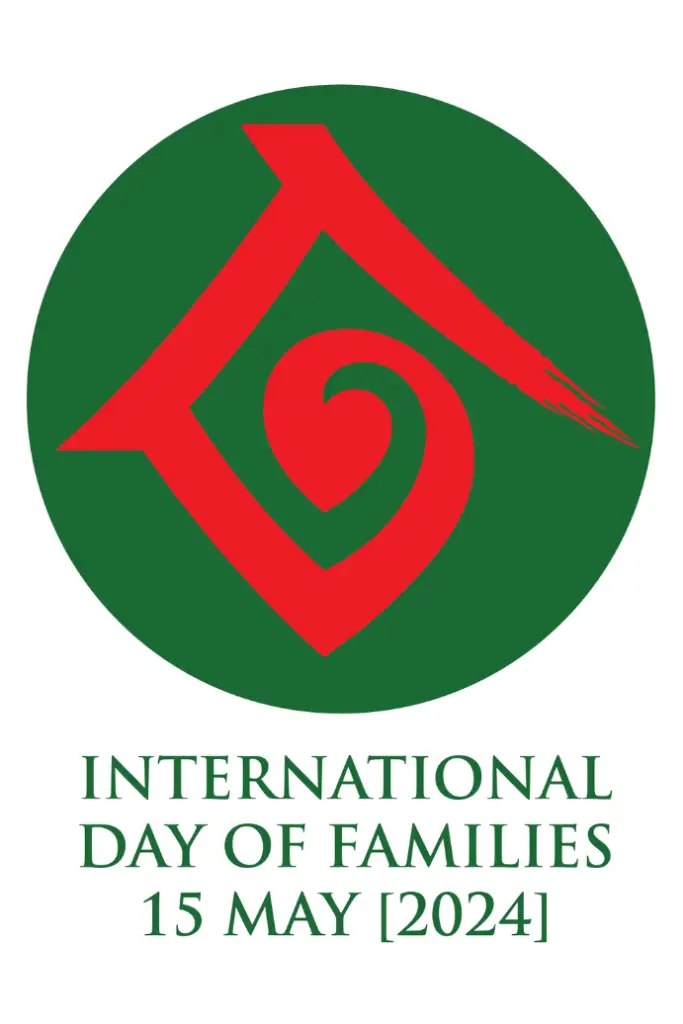In 1994, the United Nations designated it as the International Year of Families, recognizing the shifting social and economic dynamics that continue to impact family structures worldwide. This observance led to the establishment of the International Day of Families, held annually on May 15 since 1995. This day serves as a reflection on the ongoing importance of families, their diverse forms, and their critical role in nurturing societies and cultures globally.
Symbolism of Family Unity
The emblem of the International Day of Families features a solid green circle encompassing a simplistic red drawing of a heart and a house. This imagery underscores the family as the cornerstone of society, symbolizing a nurturing haven that supports individuals across all stages of life.

Global Celebrations and Awareness
A myriad of activities marks this day across various levels—local, national, and international. Governments and organizations orchestrate workshops, seminars, and policy meetings aimed at enhancing public officials’ engagement with family-centric policies. Exhibitions and discussions promote the year’s theme, while educational initiatives target the younger demographics, fostering early awareness of family dynamics. Campaigns advocating for robust public policies to support families are also prominent, emphasizing the need for a societal framework that cherishes and strengthens family bonds.

Public Observance
While not a public holiday, the International Day of Families is a global observance that highlights the integral role of family units in building resilient communities. It is a call to action for governments and communities to support and reinforce the family structures that form the bedrock of societal development.
Educational Opportunities and Inclusivity
This day provides a unique opportunity to educate children and adults alike about the broad spectrum of what constitutes a family. Recognizing that the concept of ‘family’ varies greatly across different cultures and personal experiences, it is crucial to approach this topic with sensitivity and inclusiveness. Educational discussions can explore the different forms families can take, from traditional biological bonds to adoptive families and close-knit groups of friends who provide familial support.

Embracing Family Diversity
The recognition of diverse family structures, including extended, single-parent, and non-traditional configurations, is vital. It’s essential to convey that the importance of a family lies not in its conventional appearance but in the support, care, and love it offers. Encouraging conversations about creating supportive environments can help individuals understand and appreciate the various ways people come together to form family units.
Fostering Supportive Environments
On the International Day of Families, it’s beneficial to reflect on how we can contribute to nurturing environments that uphold the values of support and care. Discussing and implementing ways to foster these environments can lead to stronger, healthier community bonds and a deeper understanding of the fundamental role families play in societal well-being.
As we celebrate this day, let us recommit to honoring and supporting the myriad forms of families around us, recognizing their essential role in shaping a compassionate and cohesive society.


